Books by bellicose columnists with the initials R.L. are like buses — none comes along for ages, then two come at once. Having been given the heave ho from my last column some years back, I was looking forward to putting this regularly employed, high-profile Pushmi-pullyu through its paces before filleting it thinly and serving it up sliced seven ways.
The best way to read the Liddle book is as a self-loathing joke, otherwise the sheer level of sumptuous hypocrisy may choke you; this is, after all, a book bewailing modern-day selfishness by the man who left the mother of his children months after their wedding in order to be with his young mistress. He bangs on ceaselessly about what ‘we’ve’ lost, but exactly what golden age he’s yearning for isn’t clear; in the first chapter he writes that his parents didn’t like abroad as it was full of ‘wogs’, although his mother fancied a holiday in Egypt in the 1970s as they were at war with Israel and she didn’t like Jews. What a pair of charmers! Incredibly, he writes a few pages later of their ‘morality… anchored in decency’.
But Liddle’s often right about some things. He loathes Islamists, as do I, and admires Israel, as I do. He believes that Eastern European immigration has been divine for the middle class — all that cheap, biddable labour — and disastrous for the working class. And yet even our agreements made me tut loudly, as these important issues are tackled with the same level of indignation as fast food and limited leg-room on aeroplanes. He’s totally inconsistent; a chapter about women suggests ‘outrageously’ (yawn) that ladies, bless ’em, were happier before feminism because they ‘knew where their place was’. But in the next chapter, he’s bemoaning the lack of social mobility for the working class. If women were happier knowing where their place was and not striving for achievement, why not the workers?
The constant beleaguered ‘we’ whom Liddle speaks for in this book is immensely irritating; what about all ‘we’ jolly fiftysomethings who absolutely love the modern world? After a while I realised that he uses it in the way the appalling Liz Jones does; it seems somehow less sad to claim that ‘a generation’ is disappointed, bitter and joyless than to admit that this is a personal affliction.
As a working-class provincial adolescent, I frequently defined myself by who I didn’t want to be, and the main culprits were old women moaning on the bus. Liddle, for all his metropolitan swagger, reminds me of them — all he misses out is the state of his corns and the dire repercussions which followed his friend Hilda’s hysterectomy. Richard Littlejohn, on the other hand, is all man — a twinkly uncle who will comment on how one is ‘shooting up’ before presenting one with a shiny half-crown. (Steady on!) Though his reputation is nastier than Liddle’s, his book is far cosier; though it similarly deals wth things we have lost, it’s strangely cheery, as opposed to Liddle’s long wail of misery. This is probably because Littlejohn follows his own rules of good behaviour, and therefore isn’t constantly aware of being hoist on the petard of his hypocrisy, as Liddle obviously is.
The portrait Littlejohn paints of his early childhood is far from appealing, full of sadistic dentists, freezing schools and sunshine-free holidays. But born in 1954, he was a child of the 1960s more than the 1950s, and the time he details most lovingly was in fact the decade when the old rules were overturned and things got messy. It’s ironic that the Sixties are now referred to nostalgically by so many people appalled by the 21st century; at the time, to people who had grown up in a black-and-white world, the decade must have seemed absolute insanity. My first father-in-law, a teenage soldier in the second world war, was amazed when a group of Italian soldiers he had taken prisoner combed their hair, while looking in mirrors! I remember my own dad washing his hair, once a week, with soap. Can we imagine how the fey lock-tossers of the Beatles, Stones and Kinks seemed to these men?
I enjoyed the writing about lidos best:
The Lido also had its own resident nonce, who would stand in the shallow end on club nights and encourage children to swim between his legs. Parents would warn their kids not to go anywhere near him. The clue was in the name: he was called Frank the Bummer.
Though Littlejohn looks back with affection, you get the feeling he knows exactly the limitations of these sepia memories, and is far happier in the modern world he takes such savage amusement in defrocking. The difference between these books, basically, is that Littlejohn comes across as the little boy mocking the emperor who has no clothes, and Liddle as the emperor himself, frantically trying to cover his embarrassment at being caught out with any scrap of polemic that comes to hand. I’ll take the mockers over the moaners any time.
Got something to add? Join the discussion and comment below.
Get 10 issues for just $10
Subscribe to The Spectator Australia today for the next 10 magazine issues, plus full online access, for just $10.
Available from the Spectator Bookshop, £12.99 and £15.99. Tel: 08430 600033
You might disagree with half of it, but you’ll enjoy reading all of it. Try your first month for free, then just $2 a week for the remainder of your first year.


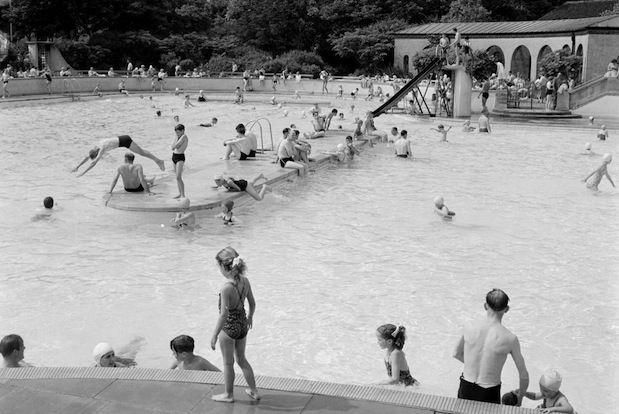
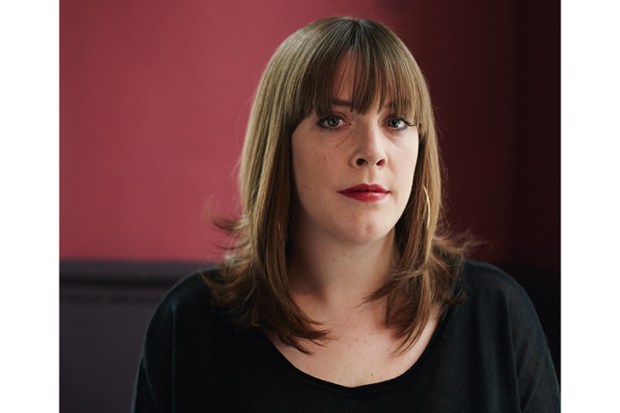
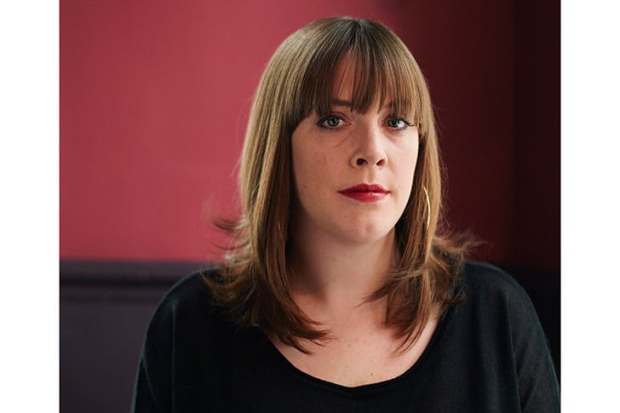
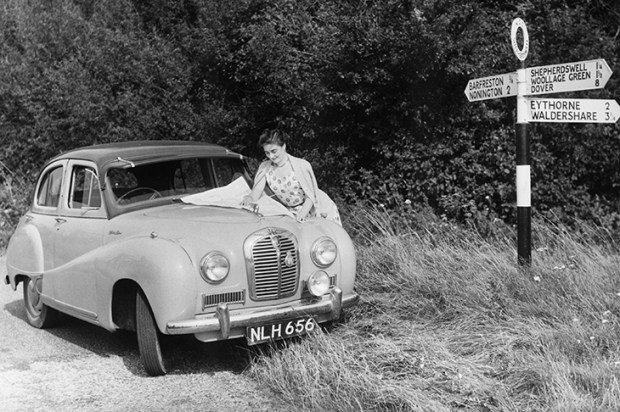

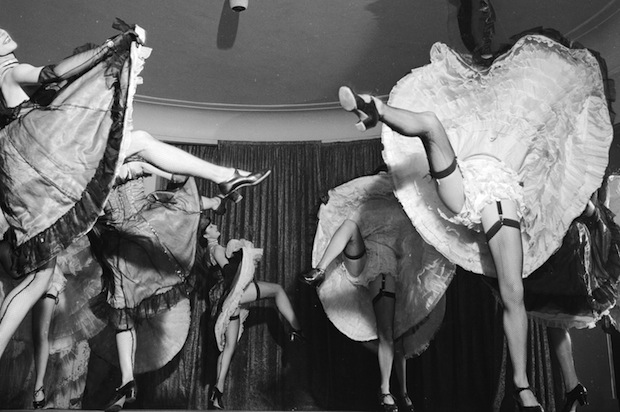







Comments
Don't miss out
Join the conversation with other Spectator Australia readers. Subscribe to leave a comment.
SUBSCRIBEAlready a subscriber? Log in